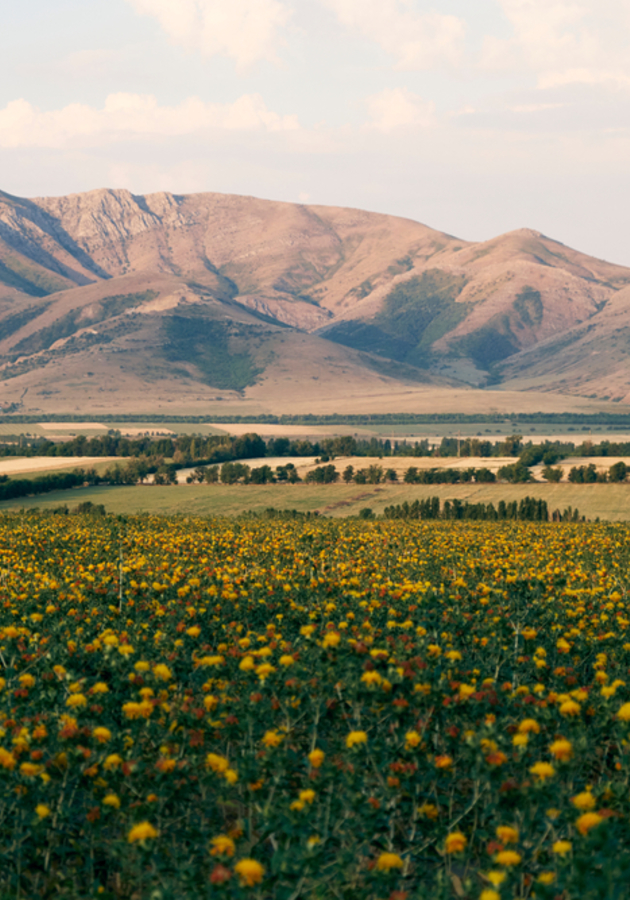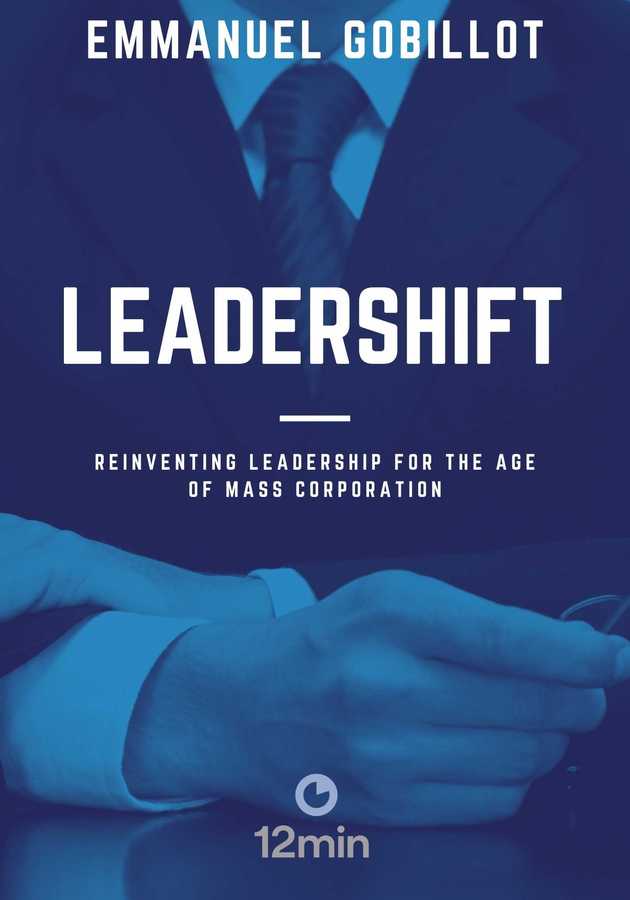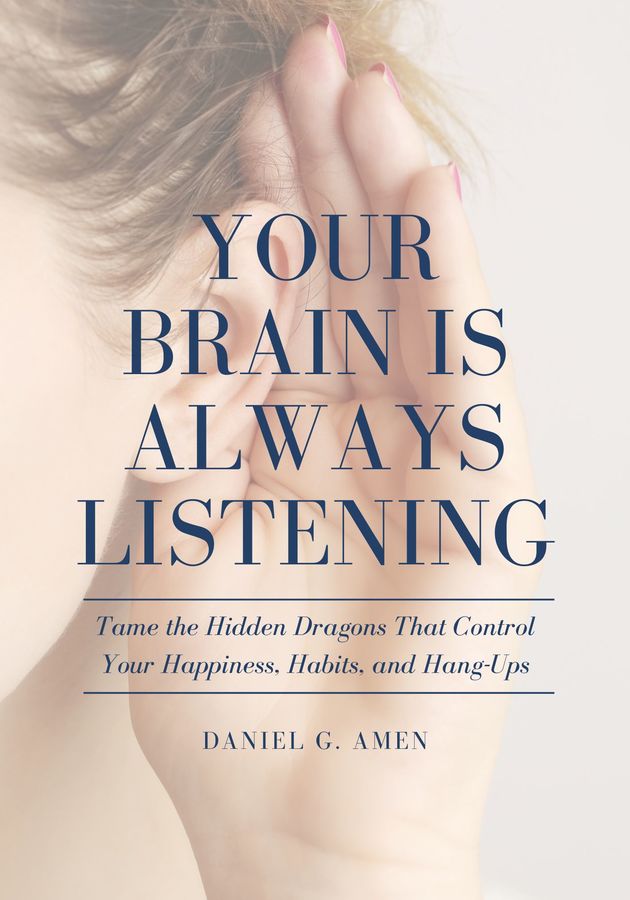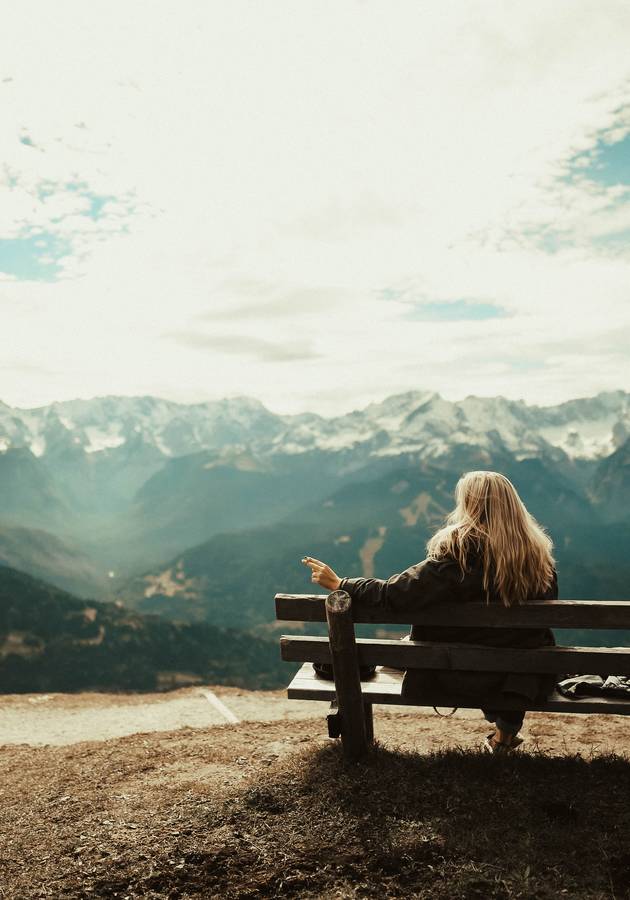The New York Times bestseller ‘’Nomadland’’ by Jessica Bruder illuminates the struggles of middle-class Americans who had to substitute their houses for vans, RVs, and trailers in the aftermath of the 2008 market crash. Published in 2018, this book recently started attracting readers’ attention more because of its Academy Award-winning movie adaptation. As it usually is with successful movie adaptations of books, the success of the big-screen version can be attributed to the high quality of this book. Get ready to discover why!
Nomadland
With the new subculture of people who emerged after the 2008 market crash, the word nomad has gained a new meaning. It now also refers to those who had to give up living in traditional houses and apartments and move to vans, secondhand RV’s, school buses, pickup campers, travel trailers, and plain old sedans, or to, what some call, ‘’wheel estate.’’ Most of them never imagined they would spend the rest of their lives with no permanent place to live. However, when they realized they had to choose between having no money for food and paying rent for their houses and apartments, hitting the road became their only option.
Before starting nomad life, these wandering souls were trying to keep their exhausting, soul-sucking, flat rate pay jobs and cover their constantly rising rents and mortgages. At the time Bruder was writing this book, statistics showed there were only a dozen counties and one metro area in America where a full-time minimum-wage worker could afford a one-bedroom apartment at fair market rent. That meant that low-income families had little or nothing left to buy food and other necessities. So, to free themselves from rents and mortgages and escape this economic paradox, nomads found a way to hack the system by giving up traditional homes. For this reason, people outside their culture call them ‘’homeless.’’ However, Bruder says new nomads reject referring to themselves in this way. ‘’They refer to themselves, quite simply, as ‘houseless,’’’ she writes.
One of the nomads is a 67-year-old former cab driver, now working the whole day in freezing temperatures at the annual sugar beet harvest. He has been sleeping in a van since Uber left him out of business. Another one is a 66-year-old ex-general contractor now pushing a wheeled cart for miles along the concrete floor in an Amazon warehouse at night. Every morning, she returns to her tiny trailer, hoping she can endure the next night in this mind-numbing and physically exhaustive work.
Although you can meet plenty of nomads throughout ‘’Nomadland,’’ Bruder particularly follows the story of 64-year-old Linda May, who was relatively new to the nomad community. Let’s learn more about her in the next section.
Linda’s story
On Thanksgiving day in 2010, before she began living as a nomad, Linda May was sitting alone in her trailer, thinking of committing suicide. She was 60-years old, jobless, and with no place to live. Her older daughter’s family, with whom Linda had lived for many years while having a series of low-wage jobs, had recently switched to a smaller apartment, and there wasn’t enough space for her to move in with them. Even though she knew she would soon be eligible for Social Security, she could not rely on it, as her monthly benefit would be only around $500. “I’m going to drink all the booze,’’ Linda told herself while sitting in a dark trailer. ‘’I’m going to turn on the propane. I’m going to pass out and that’ll be it. And if I wake up, I’m going to light a cigarette and blow us all to hell.” Fortunately, there was something that held her back. When she saw her two dogs staring at her, she could not envision blowing them up as well. So, instead of taking their lives, Linda decided to go to a friend’s house for a Thanksgiving dinner. After all, there were still things in her life she was deeply grateful for.
If we look at Linda's whole life, we could say she has, in a way, always been living a nomadic lifestyle. Her father worked on and off as a machinist in the San Diego shipyards, while her mother fought chronic depression. They often changed apartments, sometimes even moving seven times in a year.
Apart from her place of living, Linda also often had to change jobs. She worked as a trucker, cocktail waitress, general contractor, flooring-store owner, insurance executive, building inspector, IRS phone representative, a caregiver at a traumatic brain injury facility, dog-feeder and kennel cleaner in a government program for seniors, and de-featherer of ducks and quail at a hunting lodge. Caught in the treadmill of low-wage jobs for almost all of her life, as she approached her sixties, it seemed to Linda that she could never afford to stop working. She needed a long-term plan for her future.
Squeeze in!
Several years after that memorable Thanksgiving night, Linda settled in a tiny trailer she bought at an auction for $1,400. She named it “The Squeeze Inn.” To visitors who did not get the name on the first mention, Linda would explain cheerfully: “Yeah, there’s room, squeeze in!”
One of the seasonal jobs Linda managed to get after embarking on a nomadic journey was of a campground host at the San Bernardino National Forest. Although the ads presented it as a paid vacation in paradise, with responsibilities such as cleaning toilets, taking care of drunk and noisy campers, this job was far from that. Linda did not mind performing these duties, however. When asked how she felt about the toilet cleaning, Linda said: “I want them clean because my campers are using them,” she says. “I’m not a germaphobe—you snap on some rubber gloves, and you do it.” In the end, this job brought her independence she lacked when living in her daughter’s home where she was sleeping on a couch by the front door.
While other workers at the campsite often complained about the working conditions there, Linda managed to bear the job's hardships because she had a dream for her future. As Bruder says, ‘’Her hopes were, quite literally, down to earth, made out of dirt and other people’s trash.’’ Linda wanted to construct an Earthship: a passive-solar home made of discarded materials, such as cans and bottles, with dirt-filled tires for its load-bearing walls. Invented by a radical New Mexican architect Micheal Reynolds, Earthships are designed to keep their inhabitants off the grid.
The idea of living in a unique, self-sufficient house she could build with her own two hands deeply appealed to Linda. She already had rough ideas for getting free materials and recruiting volunteers to help with the whole project. The only things she needed were money and a cheap piece of land somewhere with lax building codes.
Amazon CamperForce
One of the changes the growing nomad community brought to the job market is the rising number of employers offering seasonal jobs that include free campsites with power, water, and sewer connections. Bruder says the most aggressive recruiter among them has been Amazon CamperForce. At nomad-friendly events, the company recruiters often come to pass out “now hiring” fliers, along with promotional materials, including stickers, notepads, paper fans, tubes of lip balm, landscape calendars, and “koozies” - the neoprene sleeves that keep beer cans cold. As the name already suggests, this program used the traits of a nomadic lifestyle to build its brand. Its logo, for instance, is an image of a black RV in motion.
Before launching CamperForce, Amazon had struggled for years to increase its staff to meet the high demand for Christmas. It tried out various hiring programs, among which recruiting nomads turned out to be the most successful. In fact, according to rough estimates, one out of four campers have been working at one of Amazon's warehouses at one point.
One might assume how demanding it may be to spend 10-hour-long shifts doing physical work in an environment where the temperature may sometimes exceed 90 degrees. When Bruder met Linda Chesser, a 68-year-old working with the Amazon CamperForce, she told Bruder she was thankful for ibuprofen. “I take four when I leave for work in the morning and four when I get back at night.” Luckily for her, Amazon provided an unlimited amount of free painkillers for its workers in wall-mounted dispensers in the warehouse.
Why is a company like Amazon hiring older candidates when younger ones are certainly more suitable for the jobs it offers? First of all, older workers are more dependable and, therefore, more committed to the job. Furthermore, they seldom take days off or express any revolt. Third, Amazon gets federal tax credits for hiring disadvantaged workers that range from 25% to 40% of wages. As one of the CamperForce workers told Bruder: “Since they are getting us off government assistance for almost three months of the year, we are a tax deduction for them.”
What is the future of nomads?
Over time, as the number of nomads began to grow with each year, their online community began to grow, too. For instance, a thread called “vandwellers” on Reddit has attracted more than 26,000 readers since 2010. YouTube is abundant with do-it-yourself videos campers made to help each other. There are also numerous blogs, among which the most popular has been created by Bob Wells called CheapRVLiving.
At one point, online conversations between nomads turned into offline gatherings over campfires in forests and deserts around the country. For some of them, spending holidays together became more appealing than reuniting with their family. Like small festivals, these gatherings are rich in various events - sessions on living in small cars, community talent shows including singing, dancing, and acting, just to name a few.
However fun and exciting this living style might sound, you cannot help wondering what will become of all these people? Many of them who had gotten off the road began living with their adult children. But, how about those without offspring? Or those with children who are also struggling financially? Some of the stories Bruder heard when interviewing these people were quite disturbing. For instance, a woman named Iris told Bruder about her acquaintance Ron who drank himself to death while boondocking in a Walmart parking lot thirty-six miles from Quartzsite. Some were even mentioning suicide in case camping becomes unbearable for them.
Fortunately, Linda did not need to consider these worst-case scenarios. By buying the five-acre land near the border town of Douglas, Arizona, she got closer to fulfilling her dream of building an Earthship. After becoming the owner of the property, with the money earned while working with CamperForce, Linda soon bought a 4,000-watt portable generator and booked an excavator operator to break the ground on the property. One by one, she was clearing out the obstacles standing in the way of her future.
Final Notes
As the author Louise Erdrich wrote, ‘’Nomadland’’ is ‘’a calmly stated chronicle of devastation.’’ At the same time, it is an ode to extraordinary, creative, and respect-worthy people who, despite all hardships, found joy in living with less. All in all, a highly recommended read!
12min Tip
If you haven’t by now, watch the movie ‘’Nomadland.’’ Featuring real nomads Linda May, Swankie, Bob Wells, and an Academy Award-winning actress Frances McDormand, it masterfully depicts the beauties and difficulties of life on the road.





























